Alibaba Group is best known for its e-commerce services, with big names like Taobao, Lazada, and AliExpress used by many people the world over. But did you know that it has also come up with its very own mobile operating system (OS)? Its name is AliOS, and we will do a deep dive into what it is in this article.
What Is AliOS?
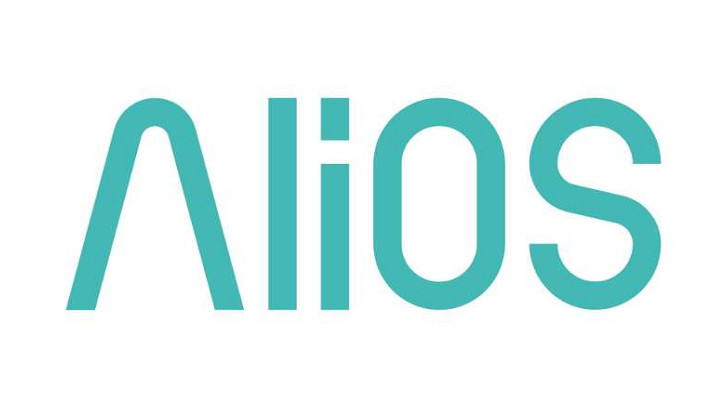
AliOS may not seem familiar to you, as it’s not as prominent and well-known as OSes like Android and iOS. However, depending on the direction that Alibaba Group takes in the next decade or so, AliOS may or may not become more widely used worldwide.
AliOS is more than just a mobile OS developed for Chinese phone and computer manufacturers. It is also designed for the Internet of Things (IoT) industry. It aims to provide cloud functionality to every device imaginable, whether it be home appliances, cars, and eventually, even traffic lights. You can think of it as an OS built for devices beyond smartphones and computers.
Some of the cloud-based services and operations Alibaba Group hopes to provide include email, GPS navigation, real-time weather information, and more. Also, its goal is to synchronize data across different devices including texts, calls, photos, and more. With AliOS, Alibaba intends to unify homes, cities, and healthcare systems under one operating system through smart devices.
History Of AliOS
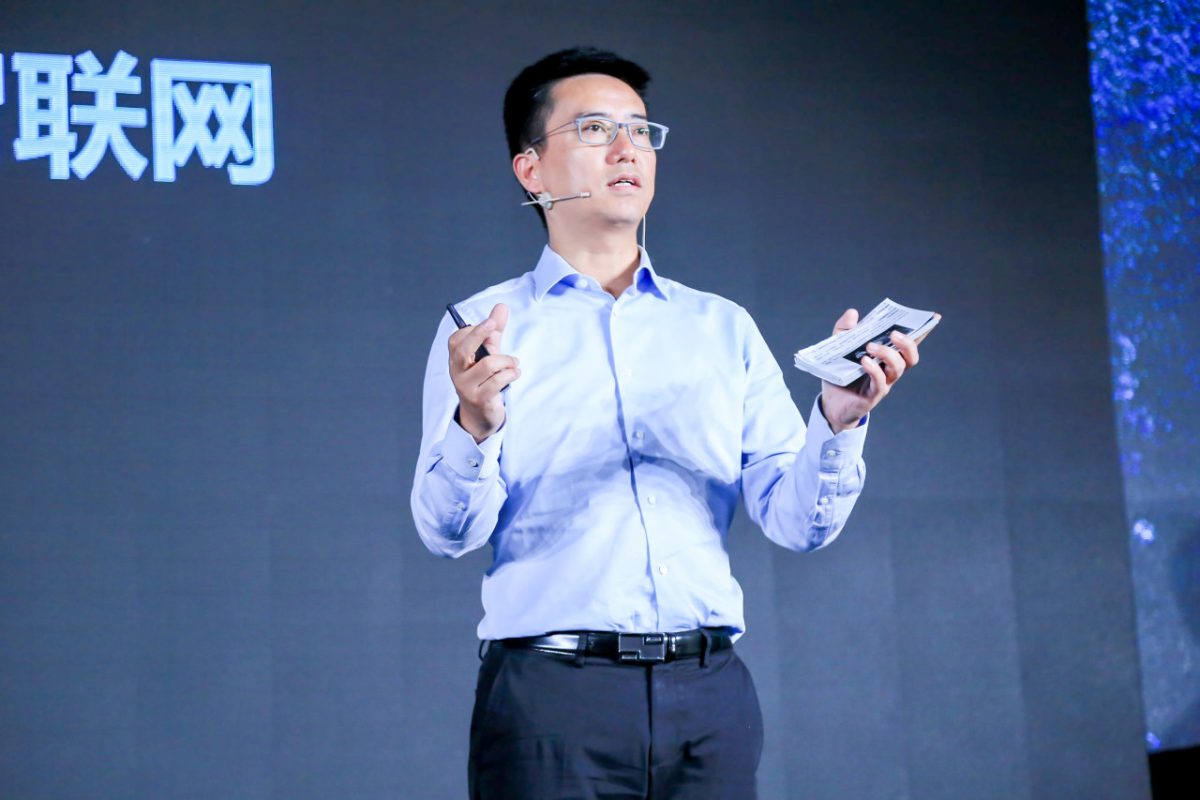
AliOS started as YunOS, where it was meant to serve as a mobile OS. YunOS wasn’t completely separate from Android as an OS and was even compatible with many Android apps. YunOS rose to prominence in China in 2011, aiming to expand to the West further down the road.
By May 2012, YunOS had gained sufficient traction with around 1 million smartphones sold with this OS installed. The OS later evolved into a forked Android 6.0 OS in 2015. Despite the success that YunOS enjoyed, Alibaba Group decided to change the direction it was headed.
The change first happened in October 2017, when Alibaba Group dove into the IoT industry. Using YunOS’s original architecture, Alibaba Group rebranded the operating system to AliOS. Now, AliOS is not just a mobile OS, but also an OS for industrial machines and IoT devices.
Alibaba even designed an IoT-specific open-source operating system called AliOS Things, which can be used by IoT manufacturers of IoT devices to develop smart home and city devices.
Is AliOS a Part Of Android?
While AliOS is a forked version of Android, it’s surprisingly incompatible with Android. This would account for Google preventing a few branded phones from being shipped with AliOS installed.
There are also purported disputes between Alibaba Group and Google, with the former claiming that AliOS is a legitimate version of Android. However, no conclusion or agreement is made by Google pertaining to this claim.
What Is The Internet Of Things (IoT)?
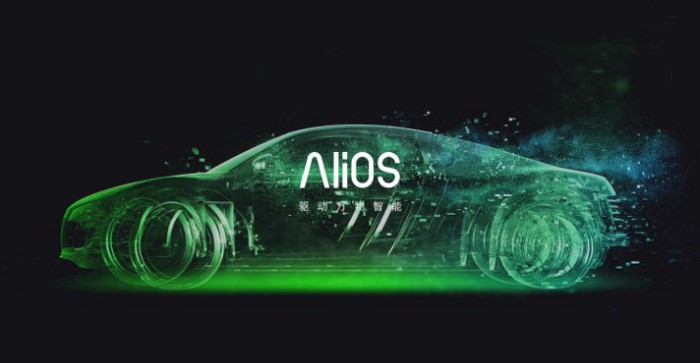
Imagine yourself in an alternate reality, where you wake to the sound of your smartphone’s alarm in the morning. It’s time for work and you have a mountain of tasks ahead of you. Of course, you wouldn’t head out without your morning coffee. Thankfully, all without lifting a finger, your coffee machine in the kitchen has prepared your favorite blend. It recognized you were awake when you dismissed your phone alarm and started brewing. You take the cup and drink your coffee, then head to your car.
Your car knows you’re near and has unlocked the doors for you the moment it sensed your keys. “Ah, what a nice day it is”, you think to yourself as you get into the back seat. Nobody’s driving, but you will no longer need it because your car will turn into a self-driving vehicle.
Everyone’s car is self-driving nowadays, and no traffic accidents occur because they can all communicate with each other. The cars handle the driving and the navigation, communicating with the traffic lights so they know when to stop. All you do is sit back and relax as your car’s built-in screen pulls up the latest news.
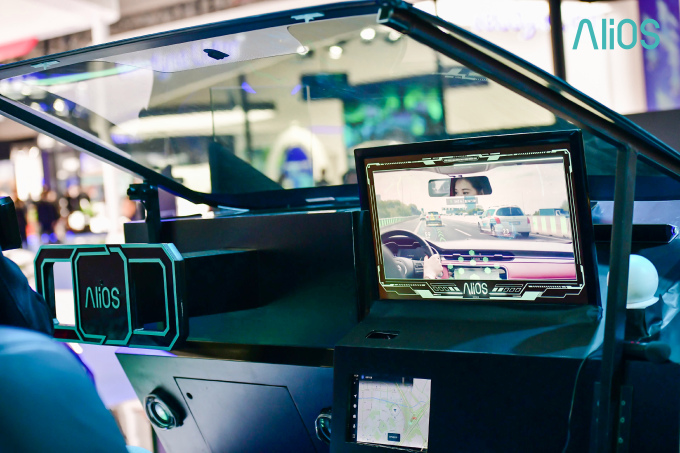
As you read today’s headlines, your stomach grumbles because you left without eating breakfast. To grab a quick bite to eat, you use your car’s voice search functionality to find a nearby restaurant. It has learned your habits, so it lists some of your favorites from the past 10 days.
You quickly select the first restaurant you see using only your voice. Then, the car shifts gears and heads to the new destination to order via drive-thru. After grabbing takeout, your car redirects to bring you to your office as you arrive just in time.
Everything Is Connected
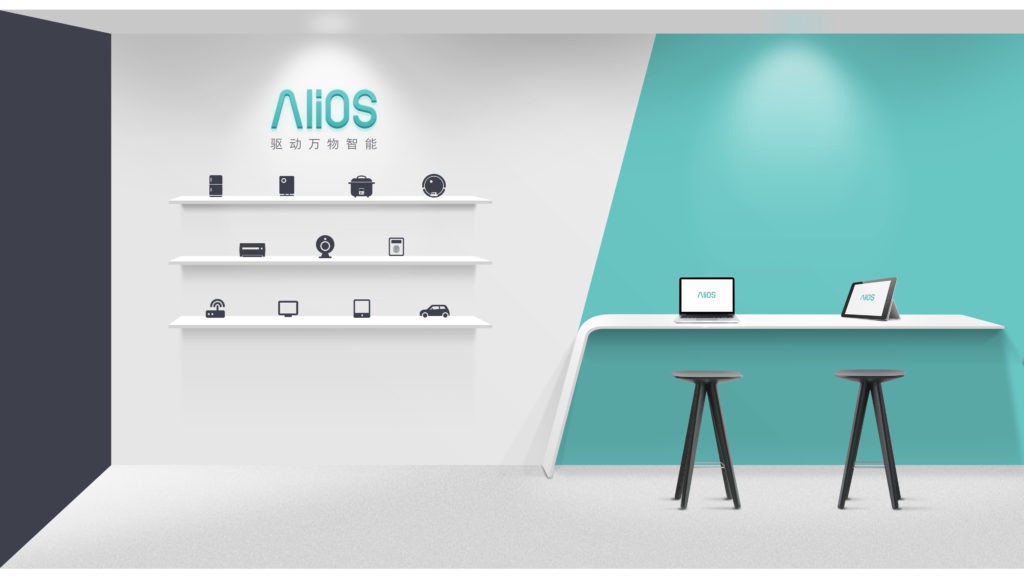
So, what was the point of the scenario depicted above? Quite simply, it’s an illustration of how the world will work when it’s run by IoT technology, which helps devices communicate with each other over the Internet.
Your phone communicates with the coffee machine, your keys with your car, your car with other cars, etc. It’s a vision of the future with all things and devices connected and communicating with each other. They transfer data through their built-in sensors while using a universal operating system. AliOS aims to be the OS that manufacturers use to create their IoT devices.
The IoT industry just describes a connected network of devices that communicate through sensors and software. They transfer data among themselves over the internet. We already see glimpses of this kind of technology through smart home appliances like smart TVs, speakers, etc.
However, IoT can expand beyond the home into our cities and even in healthcare systems. Imagine ambulances communicating with traffic lights to give way so that they can reach hospitals in time. Through devices communicating with one another, we can automate our cities and make everything more efficient.
Internet Of Things: The Downsides
Unfortunately, this interconnectedness comes at a cost and many things are up for debate. That’s because the IoT industry’s growth poses many risks and people are concerned about security and privacy. If every gadget could communicate with each other, will we lose our privacy?
Our privacy is already compromised because of big tech companies like Google and Facebook. If we integrate even more of it into our lives, there will be no true privacy anymore. Surveillance becomes a big concern, regardless of who conducts it, whether private entities or governments.
Apart from data compromises, everything digital is also vulnerable to hacking. This includes IoT products that might be exploited by malicious individuals or groups. It’s especially concerning if we start using IoT devices in public spaces through street cameras and CCTVs. This calls for many conversations and decisions to be made by governments across the globe.
Moreover, since technology has increasingly connected the world, it calls world leaders to develop international standards and regulations. Hopefully, leaders will come together to meet in the middle and find agreements for this new, rapidly growing technology.
Apart from public risks and concerns regarding privacy, security, and international standards, there are other downsides to the industry. For one, is the fragments of IoT industry. Interconnectedness under one umbrella software might not even be possible. A big example of this is how different ecosystems exist for smart home devices.
If you’re in the Apple ecosystem, you might want to purchase Apple smart devices instead of ones made with AliOS. Others might subscribe to the Amazon ecosystem or Google’s family of smart products. This fragmentation between ecosystems means not every device you buy might be compatible because of different operating systems.
Which Brings Us Back To AliOS Things
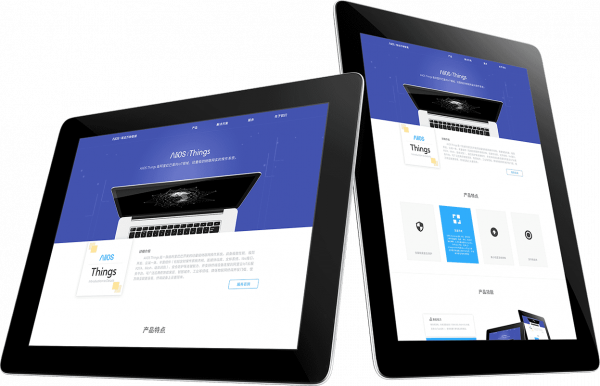
The Internet of Things (IoT) sector has been rapidly growing in the last couple of years. The forecast state that the number of IoT devices will hit 8.4 billion back in 2017. That’s more than the world’s population at the time.
Hence, it makes sense that Alibaba would target that market by creating AliOS Things. Moreover, by providing a leading operating system and infrastructure to manufacturers, the IoT industry’s growth will accelerate even further. According to Simon Hu, “AliOS will not only belong to Alibaba but to everyone”.
In 2017, there were already more than 250,000 Internet-based cars operating in China. Hence, it’s unsurprising that Alibaba later partnered with SAIC Motor Corp., one of China’s biggest automobile manufacturers, to create AliOS-based cars. They began developing AliOS for cars in 2014, and the fruits of their labor were coming to light in 2018.
By then, SAIC had already made almost 10 new models compatible with AliOS. This was also just the beginning as AliOS further expanded in the years that followed. Later on, Alibaba also partnered with Dongfeng Peugeot Citroen as the next step to expanding AliOS.
Alibaba predicts that the next two decades will see an increased reliance on IoT devices for data and information. Enterprises will collect information through smart devices and will need systems in place to develop those AIoT applications and devices. That’s why in the Aspara Conference 2019, Alibaba came forward with AliOS Things 3.0.
It’s now built on a new microkernel architecture. This allows for online upgrade and deployment of containerized applications. Moreover, it introduces a new development framework with decoupling software and hardware. Through AliOS Things 3.0, manufacturers can reduce production costs significantly.
What This All Means
AliOS is an operating system developed by Alibaba Group, not just for mobile but also for Internet of Things devices. Initially, AliOS is a mobile OS (YunOS) back in 2011 until Alibaba’s strategy change. The world is changing and becoming more reliant on digital information and smart devices.
Consequently, Alibaba set its sights on the IoT industry and subsequently redeveloped YunOS and rebranded it into AliOS. Since then, Alibaba has marketed AliOS to be a versatile open-source operating system for other smart devices. It mainly targets the Internet of Things industry, first launching itself in cars that partner companies developed.
Using AliOS, various devices can communicate and exchange data with each other over the Internet. AliOS provides cloud functionality to various devices that it integrates to assist with this. Through AliOS, devices can pull data from the Internet and from surrounding IoT devices.
Smart cars were only the beginning for AliOS. Now, it aims to provide an operating system solution for manufacturers of other smart devices. This includes smart home appliances such as home security systems and smart city devices like traffic lights. Eventually, Alibaba aims to connect cities and the world through IoT devices using AliOS.
